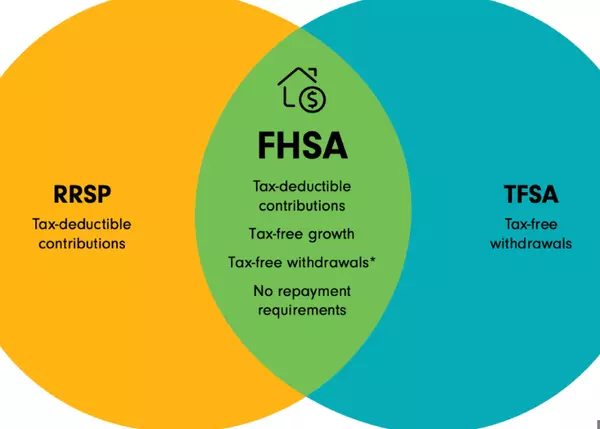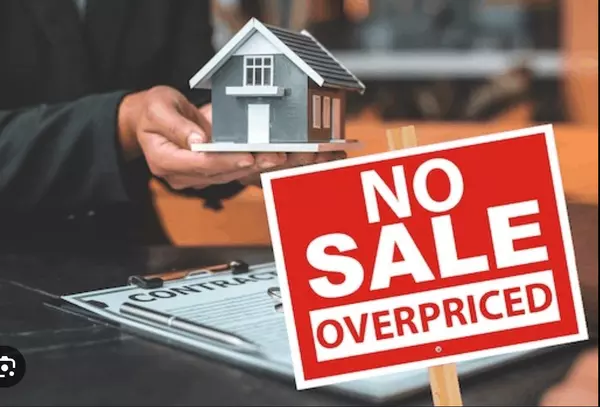How to Improve Your Credit Score to Buy a Home
How to Improve Your Credit Score to Buy a Home
Introduction
Thinking about buying a home? Whether you’re aiming for your first condo or your forever house, one number could make or break your approval: your credit score.
But here’s the good news: you’re not stuck with the score you have. With the right steps, you can improve it—and in some cases, do it faster than you think. Let’s walk through what impacts your credit, how to improve it, and how to position yourself for the best possible mortgage terms.
Why Your Credit Score Matters When Buying a Home
Your credit score isn’t just a random number—it tells lenders how risky you are to lend money to. The higher your score, the more confidence lenders have in you, which leads to:
- Better mortgage approval odds
- Lower interest rates (which saves you thousands long-term)
- Access to better mortgage products and terms
Even a small increase in your score can make a huge difference in what you qualify for—and what you’ll pay over time.
What Is a Good Credit Score in Canada?
Credit scores in Canada typically range from 300 to 900. While lenders all have different criteria, here’s a general breakdown:
- 760+ = Excellent
- 725–759 = Very Good
- 660–724 = Good
- 560–659 = Fair
- Below 560 = Poor
Most mortgage lenders prefer to see a score above 660, though options may still exist below that with alternative lenders.
What Affects Your Credit Score?
Your credit score is made up of several factors:
- Payment History (35%) – Are you paying bills on time?
- Credit Utilization (30%) – How much of your available credit are you using?
- Length of Credit History (15%) – How long have your accounts been open?
- Credit Mix (10%) – Do you have a variety of credit types (credit card, loan, etc.)?
- New Credit Inquiries (10%) – Have you recently applied for new credit?
Understanding these categories is key to boosting your score effectively.
Steps to Improve Your Credit Score Before Buying a Home
1. Always Pay On Time
Payment history is the single biggest factor in your score. Set up automatic payments or calendar reminders to avoid missed or late payments—even by a single day.
2. Keep Balances Low
If you’re using more than 30% of your available credit (on any card), your score could take a hit. For example, if your card limit is $3,000, try to keep your balance below $900.
3. Don’t Close Old Accounts
Old credit helps your score by increasing your average account age. Keep old accounts open (even if unused) as long as they’re not costing you in fees.
4. Limit Credit Applications
Every time you apply for new credit, it creates a hard inquiry—which can drop your score temporarily. Apply sparingly and strategically.
5. Check Your Credit Report for Errors
You’d be surprised how many people have mistakes on their credit reports. Request a free report from Equifax or TransUnion, and dispute anything that doesn’t belong there.
6. Pay Down High-Interest Debt First
Target the credit cards or loans with the highest interest rates first. This reduces overall debt faster and improves your credit utilization rate.
How Long Does It Take to Improve a Credit Score?
It depends on where you’re starting. If you’re cleaning up missed payments or high utilization, you could see improvement within 30–90 days. For deeper credit issues, it may take 6–12 months or more.
That’s why the best time to start working on your credit is before you even talk to a mortgage broker.
Should You Work with a Mortgage Broker or Credit Counselor?
If your credit score needs major work, a mortgage broker or certified credit counselor can:
- Help you review your file
- Identify quick wins
- Suggest lender-friendly strategies
- Connect you with specialized mortgage products
Don’t wait until you're declined—get ahead of the process early.
How Your Credit Score Affects Your Mortgage Rate
Two people can buy the same home for the same price—but if one has a lower credit score, they’ll likely pay significantly more in interest over the life of the mortgage.
Even a 0.5% difference in interest rate can mean tens of thousands of dollars over 25 years.
Final Tips Before You Apply for a Mortgage
- Pull your own credit report before your lender does
- Pay off small debts and reduce utilization ASAP
- Avoid large purchases (car, furniture) before applying
- Keep employment stable—don’t job hop during the process
- Save for a healthy down payment—it can offset a lower score
Conclusion: Start Building Now for a Better Mortgage Later
Improving your credit score isn’t just about getting approved—it’s about getting approved for the best possible deal. Every point counts when it comes to mortgage rates, terms, and financial peace of mind.
So start today. Pay strategically. Track your score. And when the time comes to buy, you’ll be in a strong position to act with confidence.
FAQs
1. How do I check my credit score in Canada for free?
You can request your score from Equifax.ca or TransUnion.ca, or use apps like Borrowell and Credit Karma for free estimates.
2. Will checking my own credit score hurt it?
No. Soft inquiries, like checking your own score, don’t impact your credit.
3. How fast can I improve my score?
Depending on your situation, 30 to 90 days of on-time payments and lower utilization can show real results.
4. Can I get a mortgage with bad credit?
Yes, but it may come with higher interest rates or alternative lenders. Working with a mortgage broker is key if your score is under 660.
5. Should I pay off all my debt before applying for a mortgage?
Not necessarily. Focus on reducing high-interest balances and keeping your credit utilization low—but don’t drain your savings unless advised to by a professional.Categories
Recent Posts










GET MORE INFORMATION

Agent
